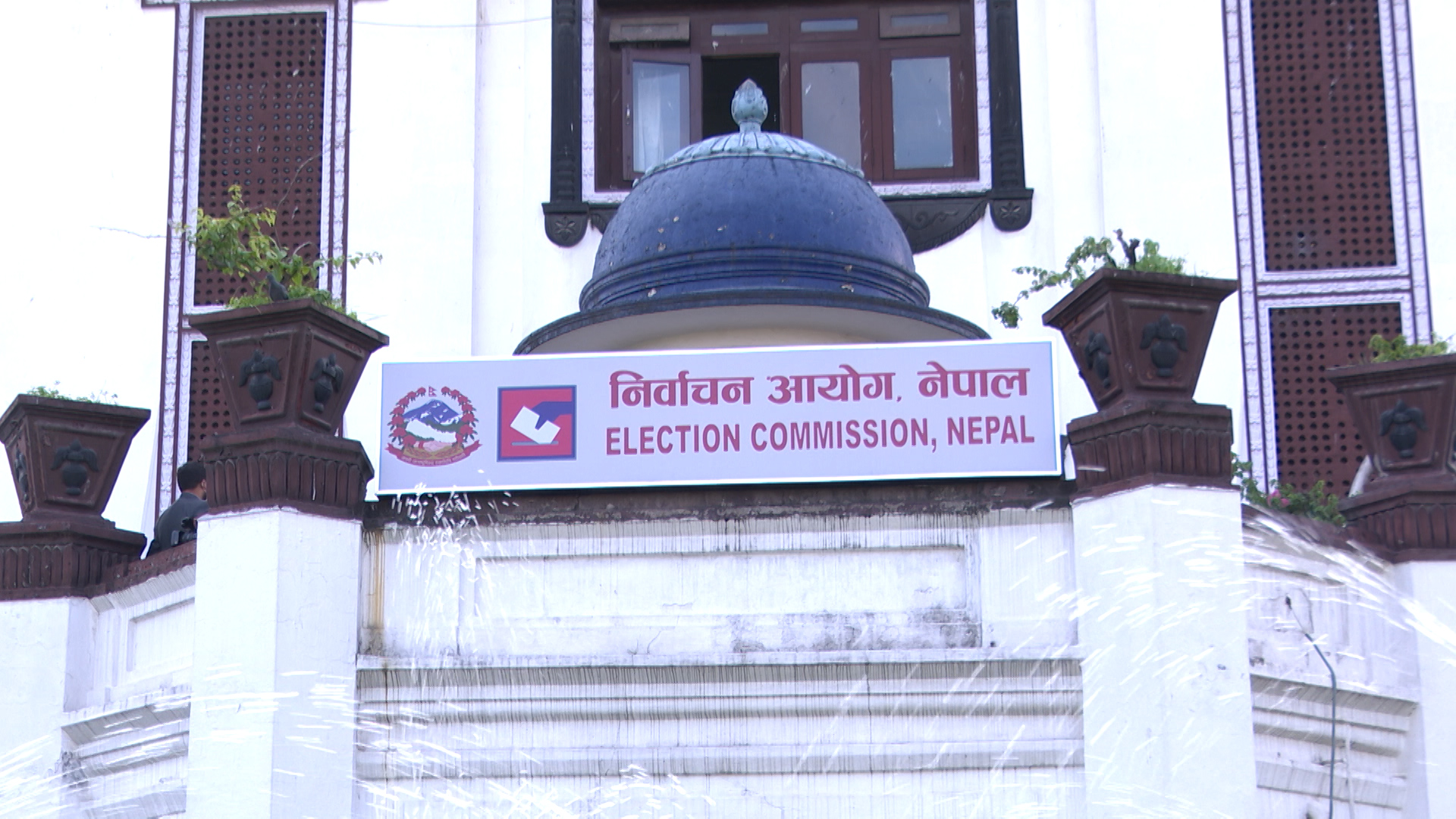 North Korea’s unprecedented actions to erase all references to unification, combined with its hostile stance towards South Korea, have sparked speculation that Kim Jong-un may be abandoning the path to peaceful reunification. The divided Korean Peninsula faces two potential paths towards reunification: military conquest or peaceful integration.
North Korea’s unprecedented actions to erase all references to unification, combined with its hostile stance towards South Korea, have sparked speculation that Kim Jong-un may be abandoning the path to peaceful reunification. The divided Korean Peninsula faces two potential paths towards reunification: military conquest or peaceful integration.
The question arises: which path has Kim Jong-un chosen to pursue? This year, tensions between North and South Korea sharply escalated. North Korea eliminated references to ‘unification,’ ‘reconciliation,’ and ‘same ethnicity,’ while dismantling related organizations. Following Kim Jong-un’s declaration that the nations are hostile, North Korea conducted military drills in the West Sea Buffer Zone on January 30th, directly threatening South Korea.
Kim’s threats on February 10th of South Korea’s ‘total destruction’ and readiness for war further deepened the divide. North Korea appears to have abandoned the pursuit of peaceful unification, opting instead for military conquest.
With a fully developed nuclear arsenal, Kim Jong-un seems to believe there is no longer any need to uphold the pretense of peace that previous generations purportedly pursued.
North Korean citizens’ reaction to abandoning the idea of peaceful reunification is notable. Having been fed the promise of a united future, they now face a stark shift in narrative. Many might feel a profound sense of betrayal, having clung to the hope of unification as a beacon through decades of hardship.
This could breed widespread disillusionment. Interestingly, for many North Koreans, unification wasn’t about a grand future but a desperate escape from present suffering.
With division blamed for all their woes, the fading dream of coming together only deepens their despair. Ironically, giving up on unification could, for some, feel like the conclusion they’ve been waiting for, offering a twisted form of relief from an endless wait. This perspective was vividly illustrated when Kim Jong-un, attending the groundbreaking ceremony for a local industrial plant in Songchon County, South Phyongan Province, expressed shame and regret for just beginning such endeavors, stirring an unexpectedly emotional response from the audience.
This reaction reflects a deep-seated sentiment among North Koreans towards the abandonment of unification. North Koreans take pride in their country’s military advancements, viewing them as a beacon of hope amidst economic decline. This sense of national pride is bolstered by the government’s claims that even minimal defense spending redirection could uplift living conditions, a message that resonates deeply with the populace.
Such sentiments suggest that enduring hardships were sacrifices for the noble goal of unification. However, moving away from the unification narrative represents a pivotal shift, marking an end to long-suffered adversities for many who never thought change was possible.
The recent admission of starting late in economic initiatives has touched a nerve, reflecting the population’s long-held hopes and their vulnerability to disillusionment. This scenario underscores the profound effect of even the slightest promise of change on the collective North Korean psyche. In a timely move, North Korea has rolled out its ’20×10 regional development policy,’ seemingly to justify the legitimacy of its decision to abandon the goal of unification.
The ’20×10′ might appear random at first glance but is actually based on a precise political calculation. With North Korea divided into 206 administrative divisions, the ’20×10′ strategy is designed to engage the entire country, potentially securing the loyalty of its citizens for the next decade. Questions remain about Kim Jong-un’s intentions to shift military funds to economic development, particularly after North Korea’s constitutional change aimed at increasing its nuclear capabilities, which implies a rise in defense spending.
Such moves cast doubt on the likelihood of reallocating military resources for economic growth, suggesting there might not be a real commitment to economic renewal amid ongoing conflicts and arms competition. Is Kim Jong-un playing a double game? It’s a mix of truth and strategy.
North Korea has adeptly adjusted to global dynamics for its benefit. Even if profits from illegal arms deals and other illicit transactions cannot solely sustain North Korea’s economy, the partnership formed with Russia implies substantial economic support and aid. Recently, Vladimir Putin’s significant remark that Kim Jong-un had not sought nuclear assistance suggests that North Korea’s requests to Russia may extend beyond mere technological cooperation for satellite launches, possibly hinting at further economic aid, which for Russia, presents a less risky and burdensome proposition compared to nuclear technology transfers.
The abandonment of unification efforts has inadvertently benefitted North Korea with the Kaesong Industrial Complex. The complex housed 127 South Korean businesses across various sectors various sectors like textiles, chemicals, machinery, electronics, food, and more, all equipped with advanced production facilities, until its closure in 2016. In 2015, the complex’s output was $563.29 million, making up 20% of North Korea’s GDP at the time. Occupying the Kaesong Industrial Region could significantly boost North Korea’s economy. Interestingly, North Korea has voided all legal agreements concerning the complex, effectively erasing any legal obligations and paving the way for unilateral control.
The mention of ’20×10′ brings to mind the 127 companies once operating there, highlighting this audacious move. North Korea’s shift away from unification is not an abandonment of the ultimate goal itself but a choice to pursue military conquest at the expense of peace. In doing so, the regime admits to its anti-national and anti-historical stance. @SAND
- Lee Do-gon Former North Korean Official, Head of NK4D Human Rights Strategy Center












